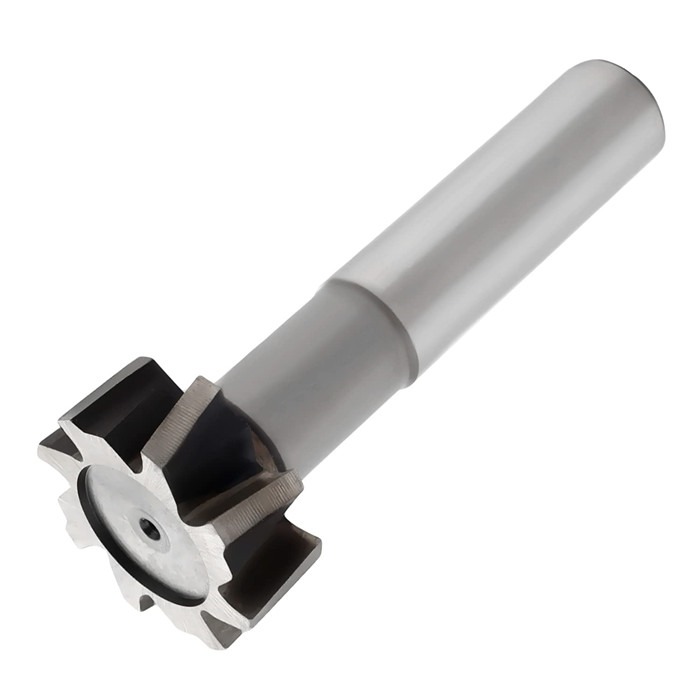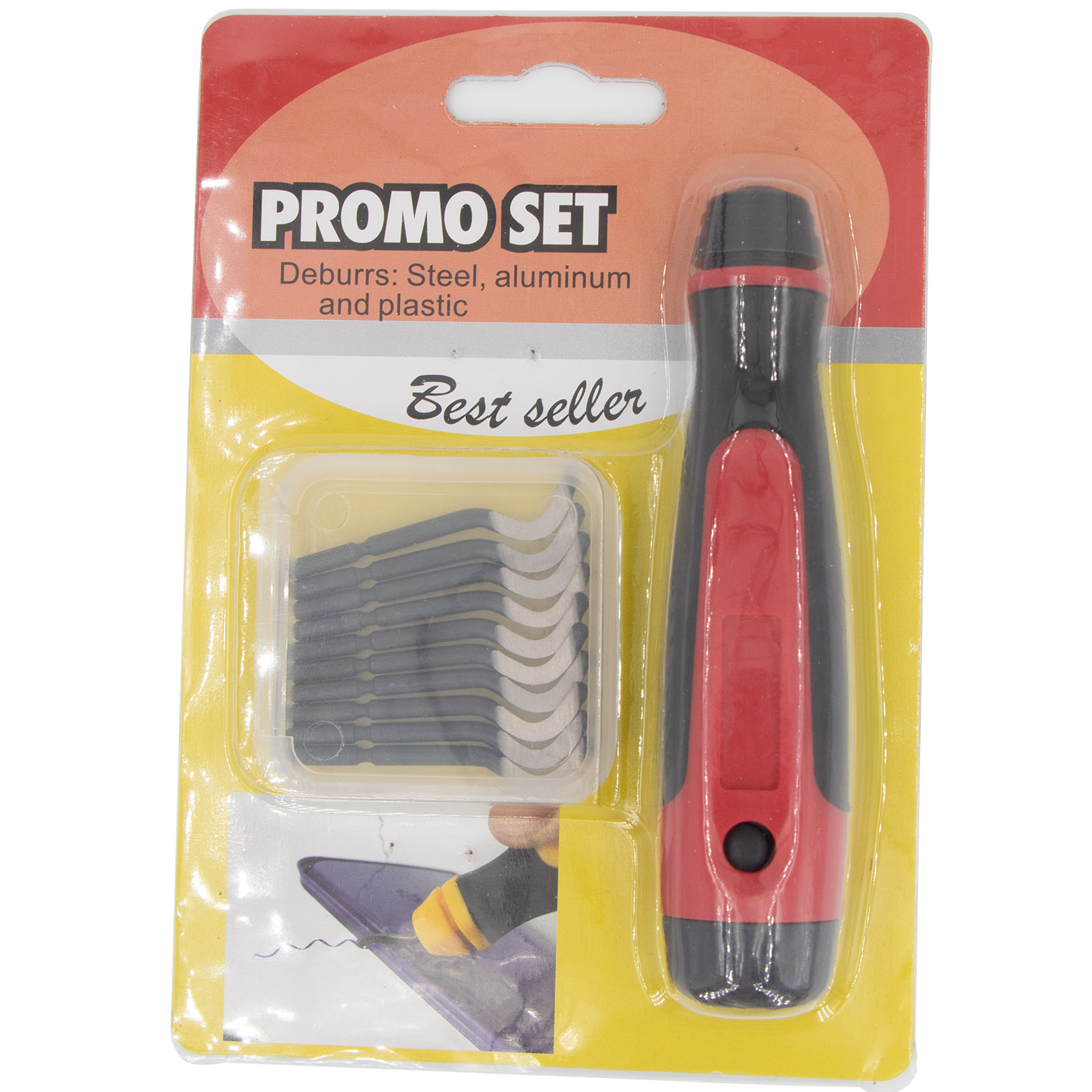Solid Carbide Drill Bit Supplier
Sourcing the right solid carbide drill bits can be challenging. This guide explores key factors in choosing a solid carbide drill bit supplier, including materials, coatings, precision, and reputation, ensuring you make the best decision for your specific drilling needs.
Understanding Solid Carbide Drill Bits
Solid carbide drill bits are renowned for their exceptional hardness, wear resistance, and ability to maintain a sharp cutting edge at high temperatures. This makes them ideal for machining hard materials like stainless steel, titanium, cast iron, and hardened alloys. Unlike high-speed steel (HSS) drills, solid carbide drill bits can withstand higher cutting speeds and feeds, resulting in faster cycle times and improved productivity.
Benefits of Using Solid Carbide Drill Bits
- Extended Tool Life: Carbide's inherent hardness provides superior resistance to wear and abrasion, significantly extending tool life compared to HSS alternatives.
- Improved Surface Finish: The ability to maintain a sharp cutting edge contributes to a smoother, more precise surface finish on the workpiece.
- Higher Cutting Speeds and Feeds: Solid carbide drill bits can operate at significantly higher cutting speeds and feeds, boosting productivity.
- Dimensional Accuracy: Carbide's rigidity minimizes deflection during drilling, ensuring accurate hole diameters and tight tolerances.
- Versatility: Suitable for a wide range of materials, including ferrous and non-ferrous metals, plastics, and composites.
Key Considerations When Choosing a Solid Carbide Drill Bit Supplier
Selecting the right solid carbide drill bit supplier is crucial for ensuring consistent quality, reliable performance, and optimal machining results. Here are several factors to consider:
Material Grade and Composition
The grade of carbide used in the drill bit significantly impacts its performance. Different grades offer varying levels of hardness, toughness, and wear resistance. Look for suppliers who provide detailed specifications on the carbide grade used in their products, often expressed using industry-standard designations like K10, K20, or similar. Understanding the composition of the carbide, including the percentage of tungsten carbide and cobalt binder, is also essential.
Coatings and Surface Treatments
Coatings enhance the performance and lifespan of solid carbide drill bits. Common coatings include:
- Titanium Nitride (TiN): A general-purpose coating that improves wear resistance and reduces friction.
- Titanium Carbonitride (TiCN): Offers higher hardness and wear resistance than TiN, making it suitable for abrasive materials.
- Aluminum Titanium Nitride (AlTiN): Provides excellent heat resistance and is ideal for high-speed machining of hard materials.
- Diamond-Like Carbon (DLC): Extremely hard and provides exceptional lubricity, reducing friction and preventing built-up edge.
Ensure the supplier offers a variety of coatings to match your specific application requirements. Wayleading Tools provides a wide range of coating options to optimize your drilling performance. You can explore their coating solutions at www.wayleading.com.
Precision and Tolerances
Precise geometry and tight tolerances are critical for achieving accurate hole diameters and consistent performance. Look for suppliers who utilize advanced manufacturing techniques and quality control processes to ensure dimensional accuracy. Key parameters to consider include:
- Drill Diameter Tolerance: The acceptable variation in the drill bit's diameter.
- Point Angle Tolerance: The accuracy of the drill point angle.
- Helix Angle Tolerance: The consistency of the helix angle along the drill bit's length.
- Concentricity: The degree to which the drill bit's cutting edges are centered.
Supplier Reputation and Experience
Choose a supplier with a proven track record of delivering high-quality solid carbide drill bits and excellent customer service. Look for certifications like ISO 9001, which indicate a commitment to quality management. Consider the supplier's experience in the industry, their technical expertise, and their ability to provide application support.
Pricing and Lead Times
While quality should be the primary consideration, pricing and lead times are also important factors. Compare prices from different suppliers, but be wary of extremely low prices, as they may indicate compromised quality. Ensure the supplier can meet your delivery requirements and provide realistic lead times. Consider the total cost of ownership, including tool life, performance, and potential downtime due to tool failure.
Types of Solid Carbide Drill Bits
There are several types of solid carbide drill bits, each designed for specific applications:
Jobber Length Drills
The most common type, suitable for general-purpose drilling.
Stub Length Drills
Shorter than jobber length drills, providing increased rigidity and reduced deflection.
Screw Machine Length Drills
Even shorter than stub length drills, offering maximum rigidity for high-precision drilling.
Long Length Drills
Designed for deep hole drilling, with longer flutes for chip evacuation.
Coolant Through Drills
Feature internal coolant channels that deliver coolant directly to the cutting edge, improving chip evacuation and extending tool life.
Comparing Solid Carbide Drill Bit Options
To illustrate the differences between various solid carbide drill bits, consider the following comparison of common coating types:
| Coating Type | Hardness (HV) | Max. Operating Temp (°C) | Typical Applications |
|---|---|---|---|
| TiN | 2300 | 600 | General purpose, ferrous and non-ferrous metals |
| TiCN | 3000 | 400 | Abrasive materials, cast iron |
| AlTiN | 3500 | 900 | High-speed machining, hard materials (e.g., stainless steel, titanium) |
Source: Data compiled from various coating manufacturer datasheets.
Finding the Right Solid Carbide Drill Bit for Your Needs
The ideal solid carbide drill bit depends on the material being drilled, the desired hole diameter and depth, and the machining parameters. Consider these factors when making your selection:
- Material Hardness: Harder materials require more wear-resistant carbide grades and coatings.
- Hole Diameter: Smaller diameter holes may require stub length or screw machine length drills for increased rigidity.
- Hole Depth: Deeper holes necessitate longer drills with efficient chip evacuation capabilities.
- Cutting Speed and Feed: Higher cutting speeds and feeds require coatings with excellent heat resistance.
Conclusion
Choosing the right solid carbide drill bit supplier is essential for optimizing your drilling operations. By considering factors like material grade, coatings, precision, supplier reputation, and pricing, you can make an informed decision and ensure consistent quality, reliable performance, and improved productivity. Remember to explore suppliers like Wayleading Tools at www.wayleading.com to discover a wide range of options to meet your specific drilling needs.
Related products
Related products
Best selling products
Best selling products-
 Parting & Grooving Tool Set With SLTB Blcok, NCIH Blades, GTN Inserts
Parting & Grooving Tool Set With SLTB Blcok, NCIH Blades, GTN Inserts -
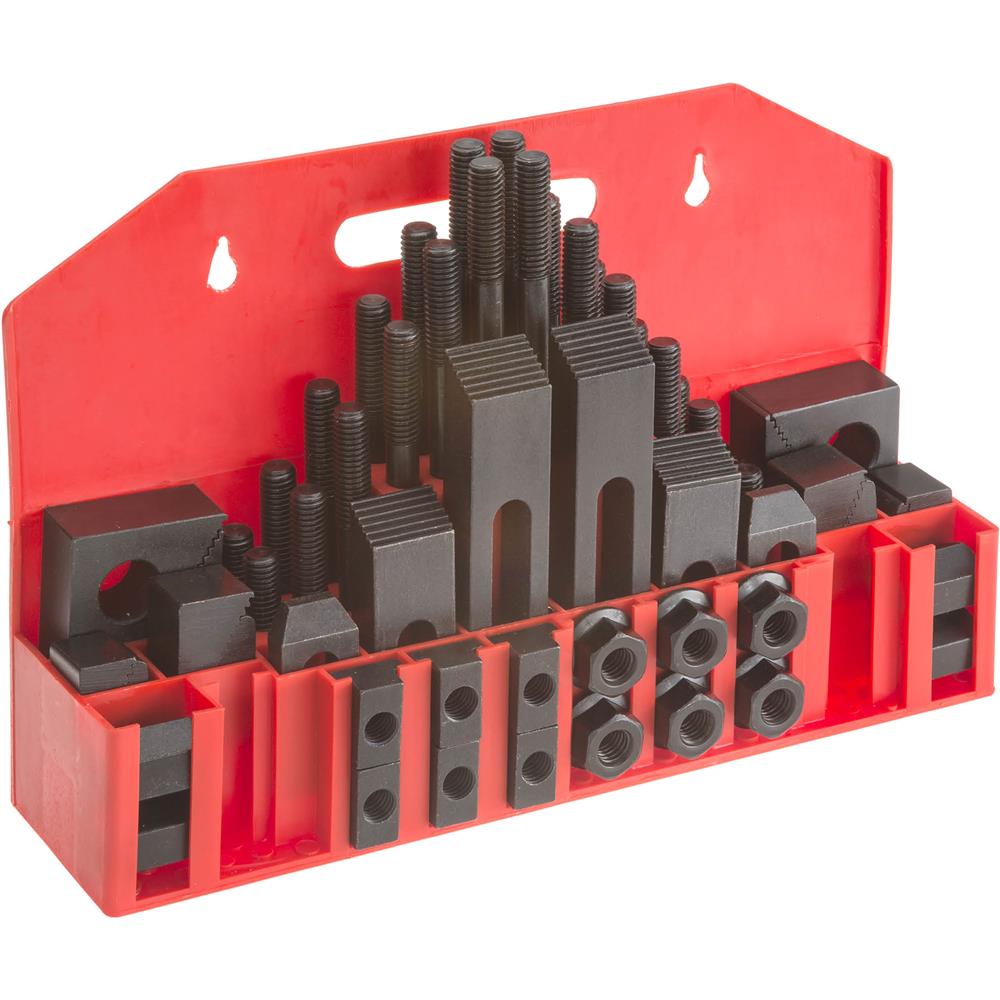 58pcs Clamping Kit With Metric & Inch Size
58pcs Clamping Kit With Metric & Inch Size -
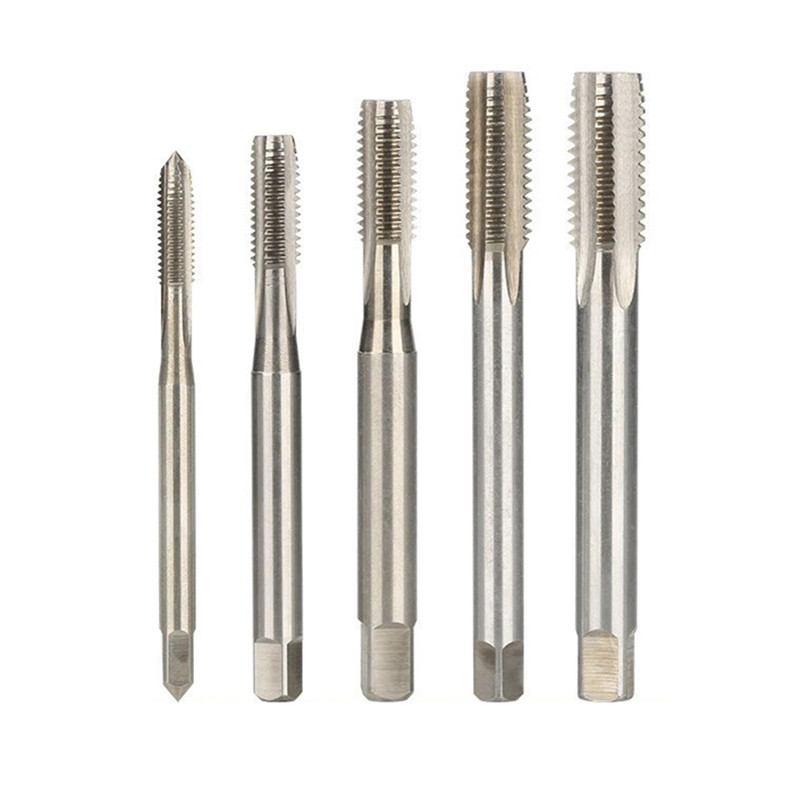 HSS DIN371 Threading Tap With Straight And Spiral Or Spiral Point Flute
HSS DIN371 Threading Tap With Straight And Spiral Or Spiral Point Flute -
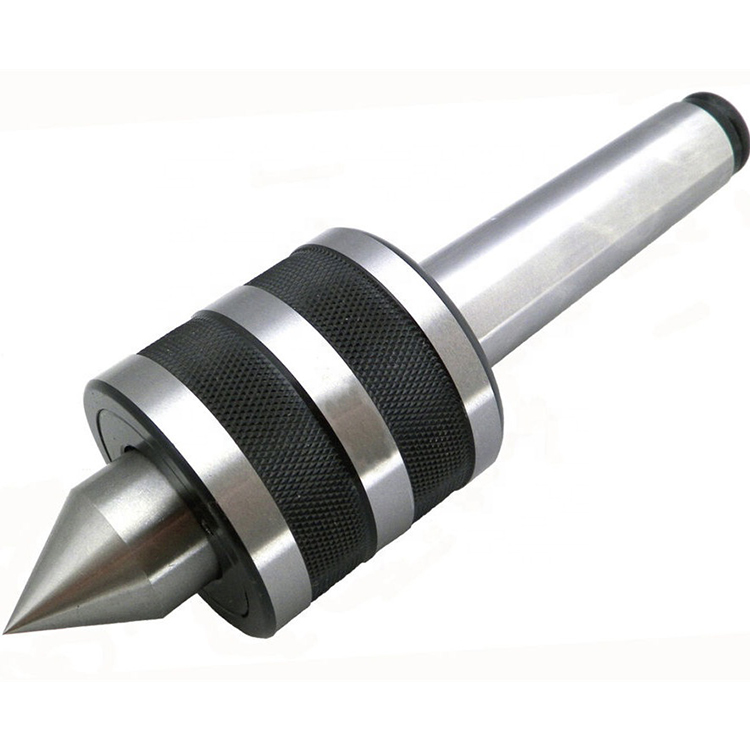 Midium Duty Live Center For Morse Taper Shank
Midium Duty Live Center For Morse Taper Shank -
 Precision Monoblock Vernier Caliper With Nib Style Jaws Of Metric & Imperial For Industrial
Precision Monoblock Vernier Caliper With Nib Style Jaws Of Metric & Imperial For Industrial -
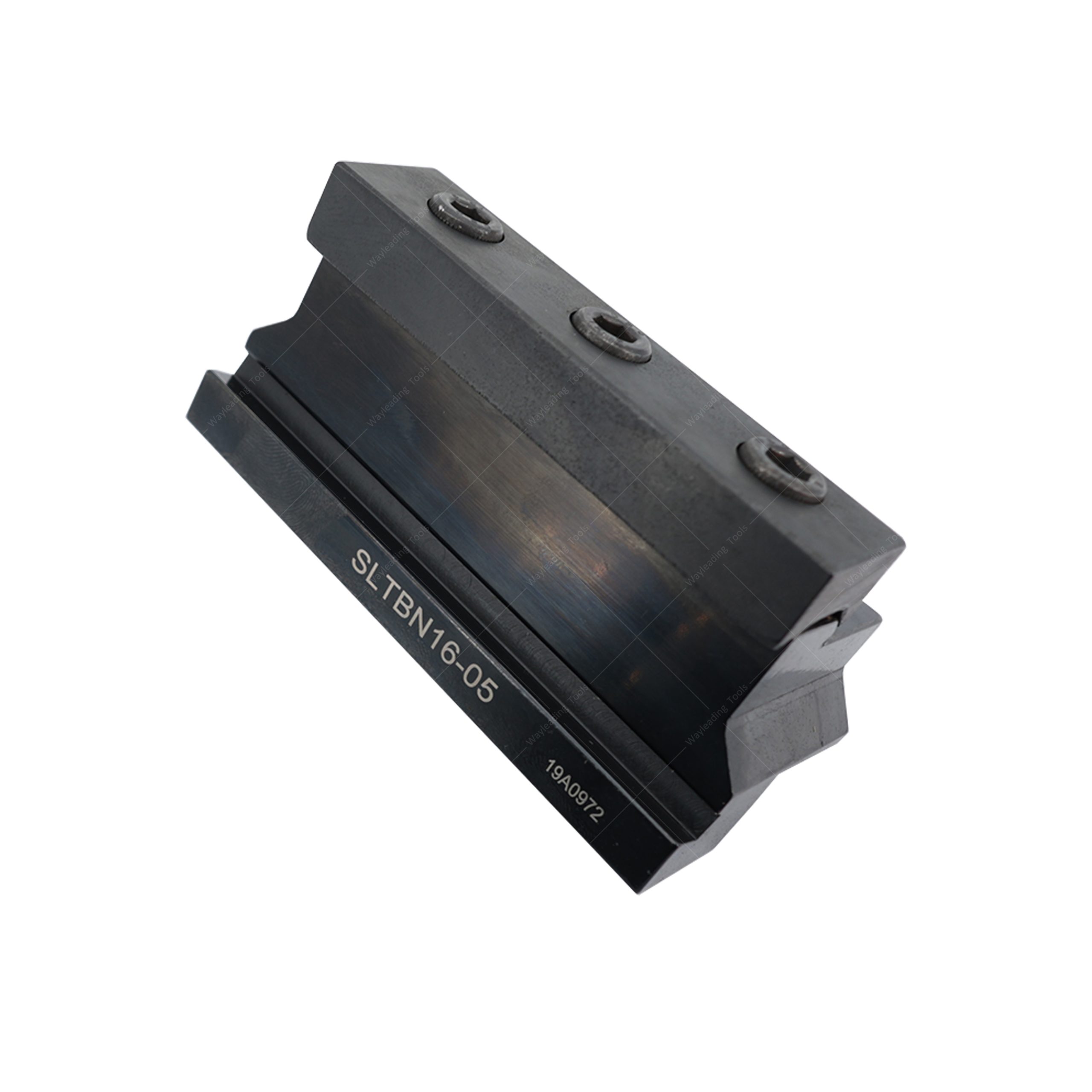 Parting & Grooving Tool Block For NCIH Blades
Parting & Grooving Tool Block For NCIH Blades -
 Single Wheel Knurling Tools With Straight Pattern For Industrial Type
Single Wheel Knurling Tools With Straight Pattern For Industrial Type -
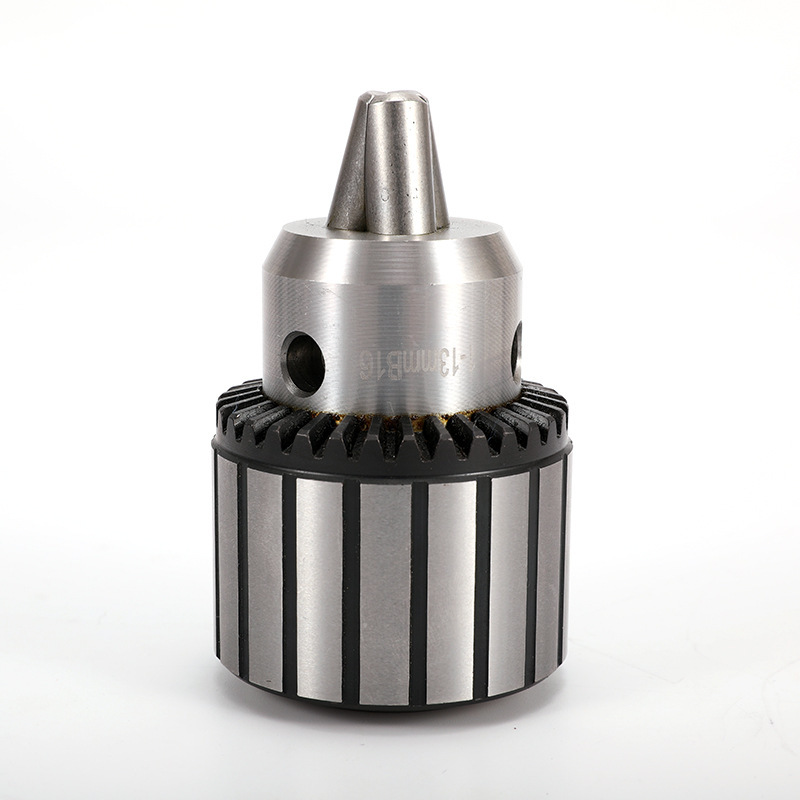 Key Type Drill Chuck With Heavy Duty Type
Key Type Drill Chuck With Heavy Duty Type -
 Precision V Block And Clamps Set With Customized Type
Precision V Block And Clamps Set With Customized Type -
 HSS Inch Taper Shank Twit Drills For Metal Cutting Of High Precision
HSS Inch Taper Shank Twit Drills For Metal Cutting Of High Precision -
 Deburring Tool Blades Using For Deburring
Deburring Tool Blades Using For Deburring -
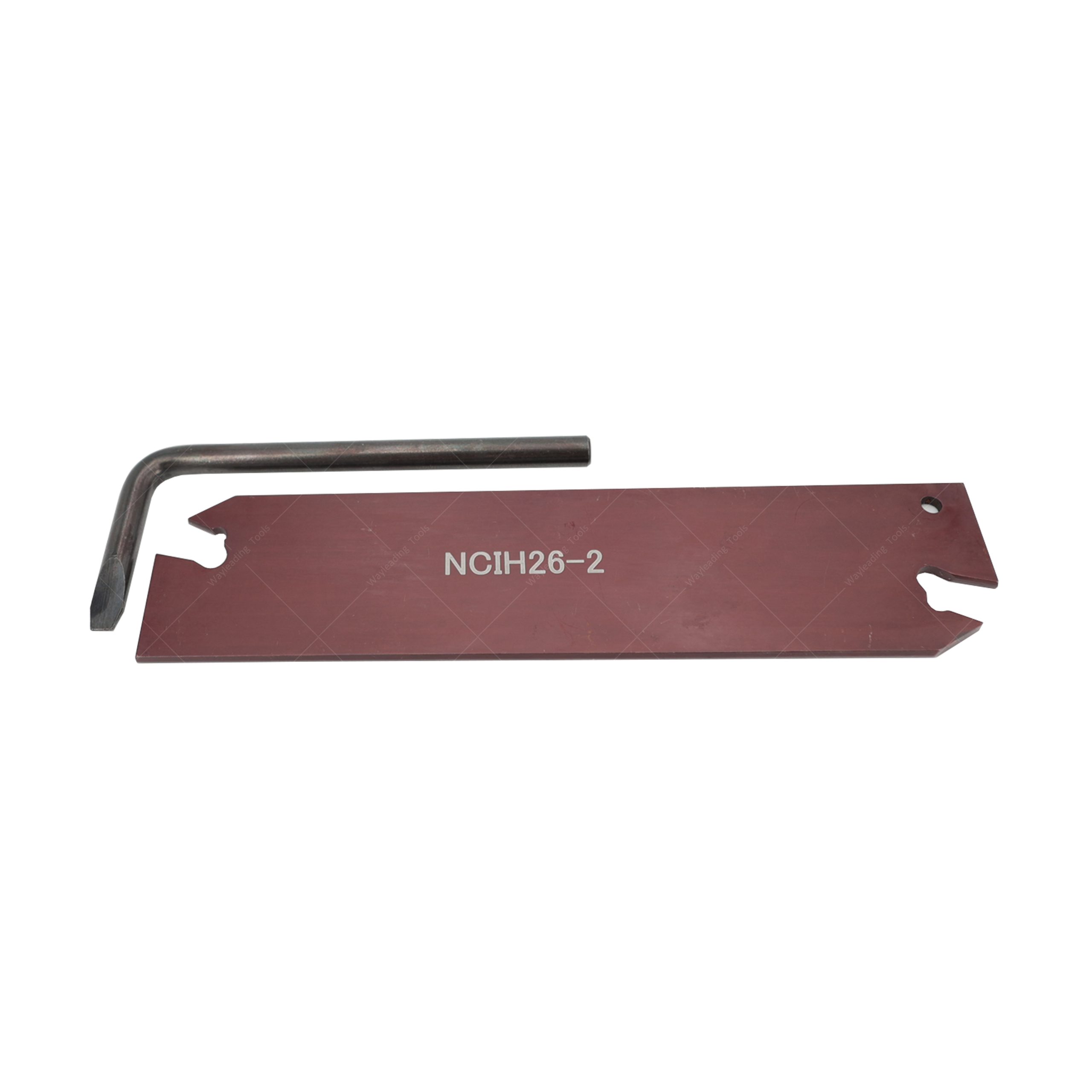 Parting & Grooving Tool Blades For GTN Blades
Parting & Grooving Tool Blades For GTN Blades


